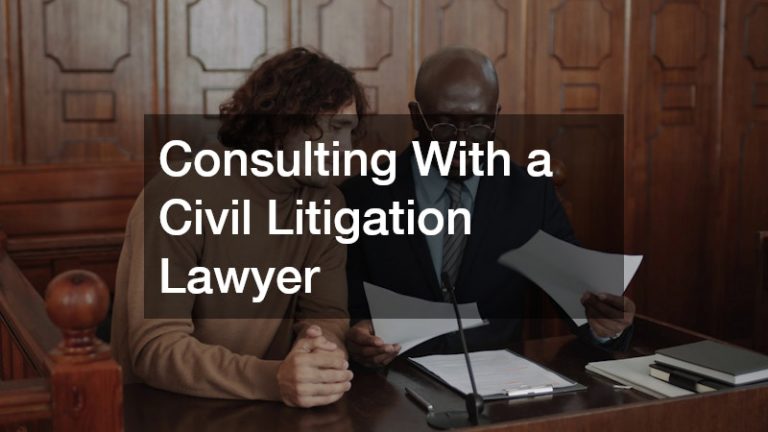

Planning your wishes for after your death is not necessarily an enjoyable task — nor is it an easy one. With that being said, it’s very necessary, especially in this day and age. With an estimated 41% of baby boomers living without a will, the odds if arguments and legal battles over estates occurring is increasingly high. It’s true that the departed will not be “around” to witness such problems. But battles over estates can get very ugly, and most would like to avoid their loved ones fighting at any cost. Even if your loved ones do not fight over your estate, having a will prepared simply makes a very difficult time easier on everyone involved. Wills aren’t solely for the elderly, either; anyone with minor children should have a will planned. Here are some of the issues to consider when planning your will — and why it’s important to think about probate and estate litigation now.
Probate and Estate Litigation: Why It’s Important
Probate and estate litigation refers to the litigation that goes into, essentially, issues surrounding your estate and any possible trusts. The reason why planning a well-thought out and comprehensive will is so valuable is that it avoids the actual “litigation” of probate and estate litigation. The last thing you want is your family going to probate court due to a nonexistent or ill-planned will. An estate lawyer or probate lawyer can help you plan your will, which means that there will be little to no questions about your estate after you pass. This is especially important if your estate is sizable or involves any living humans or animals — or, for that matter, any active ownership of an ongoing business. According to LexisNexis, 55% of Americans do not have an existing will or estate plan. Don’t let this be you. Without a will in place, you also open up the possibility of fraud or the mishandling of your estate. Only strict legal terms will protect your family and your estate from mismanagement.
What To Consider When Planning Your Will
There are several things to consider when planning your will. The most obvious, should you have any minor children under your care, is to ensure that they will be with the guardians of your choice. Consult an attorney about this, and certainly have a conversation with the planned guardian or guardians about how the children should be raised and whether or not they’re prepared. The next thing to think about is any property you own. It may be a good idea to have the property valued before writing it into your will. Take into consideration all valuable possessions. It’s true that you don’t have to include every item you own in your will; but if an item has significant monetary or sentimental value, include it in your will. One thing that many people fail to take into consideration when planning their will is their pets. In fact, 61% of Americans don’t believe that it’s important to provide for a pet in their will. However, it may be a good idea to at the very least designate who will care for the pet after your death. This at least ensures that your pet will definitely go to a good home after your death. Should you have the means, it may also be thoughtful to include a sum to pay for any immediate concerns regarding the pet. The person receiving your pet will of course be providing for them long-term, but showing your gratitude through money for a certain amount of food is a nice touch. If your pet is aging or has certain health concerns, it’s perhaps a nice idea to provide money to take care of some vet bills following your death. This is all up to your discretion — but it’s something to consider.
Ultimately, the best thing about a will is that it shows that you care and makes everything simpler for your loved ones following your death. There is no drawback to having a will — only benefits.



